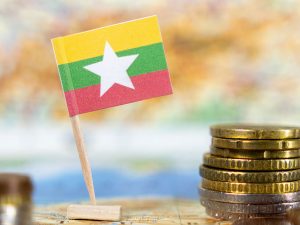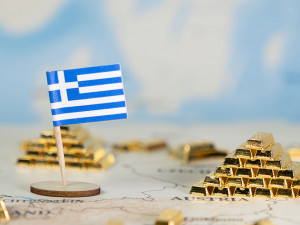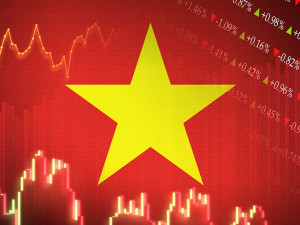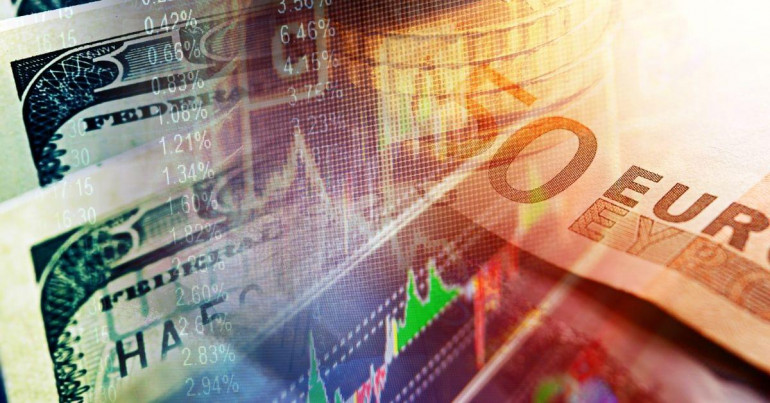
A fixed exchange rate is a system of currency implemented by a government or a central bank which fixes the currency of one country to another. Currency can also be fixed to the price of gold or another type of commodity.
A fixed exchange rate has many benefits, such as controlling inflation and overall stability, but can be a way for one country to maintain strength over another.
Fixed exchange rates also benefit exporters and importers. The risks that fluctuating exchange rates have on businesses are greatly reduced with a fixed exchange rate, as it can be ensured that the exchange rate is kept within a certain band, and there will be no wild changes.
We cover the basics of a fixed exchange rate, how currency pegs work, as well as the pros and cons of using this system.
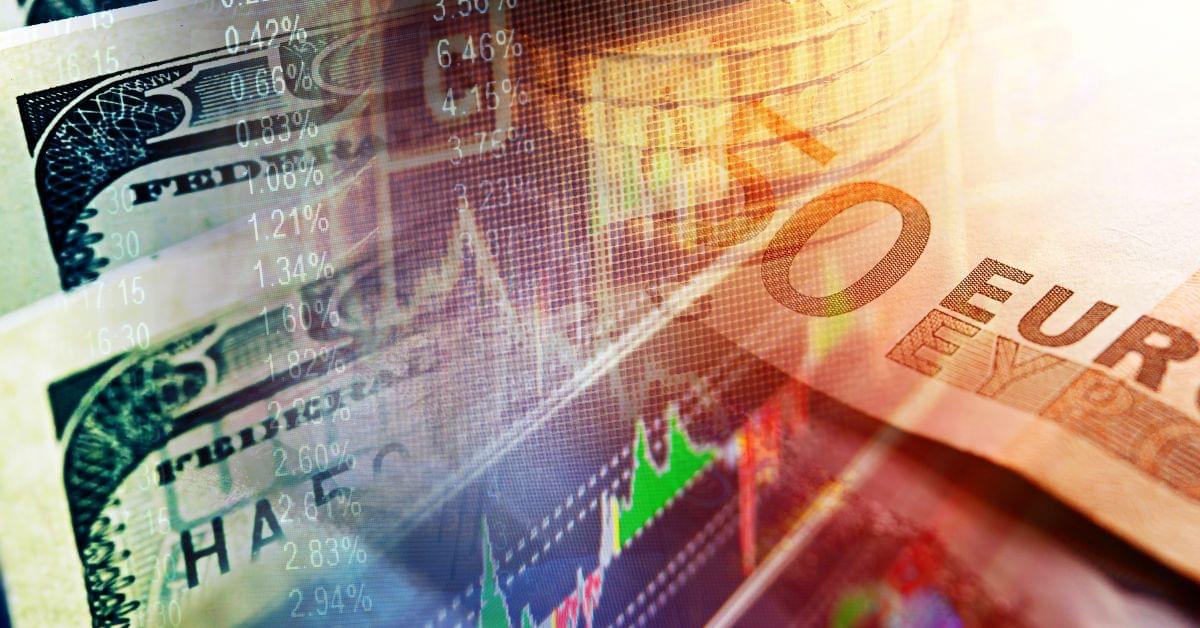
What is the Gold standard?
In order to understand fixed exchange rates, it’s important to understand the gold standard, and how it has evolved over time.
The gold standard was where most concepts of fixed exchange rates began, but its abandonment by many countries has now resulted in pure fiat currency, and therefore the need to fix to other currencies. The gold standard has been a system used by governments for hundreds of years, and ensures that currency issued by a government is directly linked to gold reserves. This means that at any time, the currency could be exchanged for an equivalent amount of gold.
After several changes to the international gold standard between the 1870s and the 1930s, the introduction of the Bretton Woods system restored the international gold standard, but only through the US dollar. This meant that all other countries agreed to fix their own exchange rates to gold, but only by proxy with the US dollar.
In total, 44 allied nations agreed to this deal, which ensured that the exchange rate would remain at $35 per troy ounce of gold. This was ideal on paper, as it would mean that all currencies would essentially be backed by gold, without having to actually own a gold reserve themselves, and a common currency could provide stability.
However, the deal proved to be rocky. As nations could exchange their dollar reserves for gold, they began to do this in huge amounts, most notably France. The US government feared that this would eventually deplete their gold reserves, and leave the country vulnerable.
In response to this, on 15 August 1971, President Nixon decided that the gold standard would be terminated and the Bretton Woods system would end. The US dollar became a fiat currency, and many currencies subsequently became free-floating afterwards, meaning they had no fixed exchange rate.
This was a huge change, as it means today that a lot of currencies now depend purely on the trust in the currency, instead of a trust in gold. As money can be created almost infinitely, and gold cannot, it means that suddenly the currency relies entirely on the central bank, instead of the tangible, finite metal of gold. Global inflation is therefore a much larger risk.
What is a currency peg?
While many currencies became free-floating after abandoning gold, they also had the choice of being fixed to the value of another currency. This is known as a currency peg. In simple terms, this means that a currency can guarantee it can always be exchanged with another currency at a specified rate.
Examples of currency pegs quite often include the US dollar, due to the petrodollar, as well as the economic dominance of the US economy and widespread use of the currency. For example, the Hong Kong dollar has been pegged to the US dollar since 17 October 1983. This means that the Hong Kong dollar follows a strict band value between 7.75 and 7.85 HKD against one US dollar, which means that it will always have this exchange rate. There are also rules that state that a bank can only issue Hong Kong dollars if it has the equivalent amount of US dollars in its reserves, to ensure this currency peg is protected.
What is a currency basket?
Countries do not have to peg their currency to just one other currency. In basic terms, they can fix their currency to a group of currencies, which is referred to as a currency basket. For example, the Chinese renminbi is pegged to a collection of currencies, one of them being the US dollar.
Are currency pegs good?
Currency pegs are good because they can control inflation, especially in countries that might be vulnerable to it. Hong Kong was especially vulnerable after the uncertainty following its projected autonomy from Britain in 1997, so the peg was implemented in 1983 to stabilise the currency.
However, there are risks to pegging a currency, mainly due to it creating a kind of artificial economy, or an economy that relies too heavily on another. Picking the rate to peg the currency carries risks either way. Pegging the currency too low will mean that the economy will struggle to grow and will damage foreign businesses. But picking an exchange rate that is too generous can cause overconsumption and inflation, and therefore an economic collapse.
Many economists also criticise fixed exchange rates. For example, Principles of International Finance and Open Economy Macroeconomics by Cristina Terra states that “there is not really an exchange rate, given that the domestic currency ceases to exist. A country that adopts one of these regimes ceases to have monetary policy autonomy.” (ScienceDirect). Some criticise the nature of fixed exchange rates as a way of dominating economically weaker nations.

What is a free-floating exchange rate?
A floating exchange rate is when a currency has no peg or fixed exchange rate. Many of the dominant currencies in the world are floating, as they can rely on the word of the government and public trust to keep their value, and have the strength to control their own inflation.
If you are exchanging currency, then keep in mind which type of currency you’re exchanging. If you are exchanging a pegged currency such as the Hong Kong dollar for US dollars, then you can have the peace of mind that it will remain within a fixed exchange rate. However, a floating currency means that the exchange rate might fluctuate more, and be more unpredictable.
Looking to transfer money internationally? At CurrencyTransfer, we provide better-than-bank exchange rates for both business and personal transfers. We offer full transparency, access to various tools to check exchange rates, and personal guidance whenever you need it.
Caleb Hinton
Caleb is a writer specialising in financial copy. He has a background in copywriting, banking, digital wallets, and SEO – and enjoys writing in his spare time too, as well as language learning, chess and investing.

